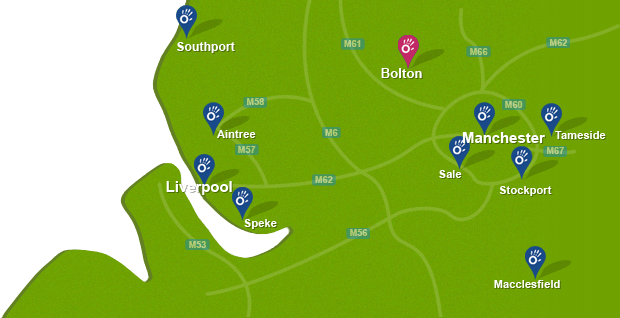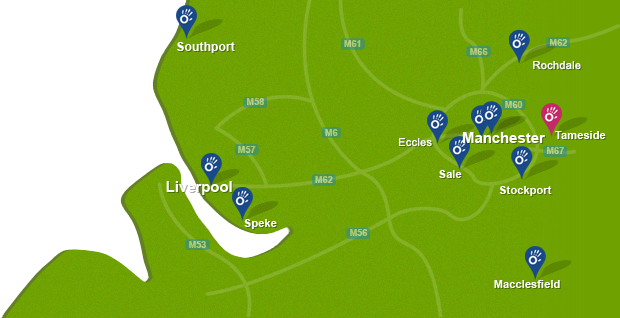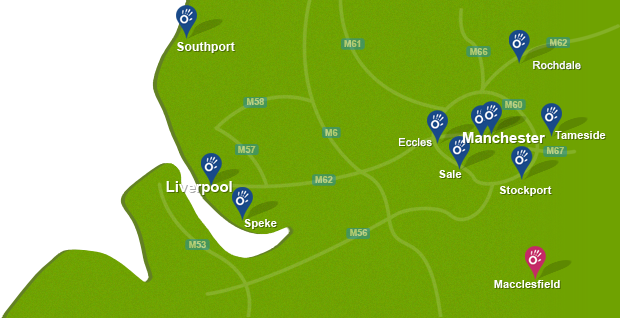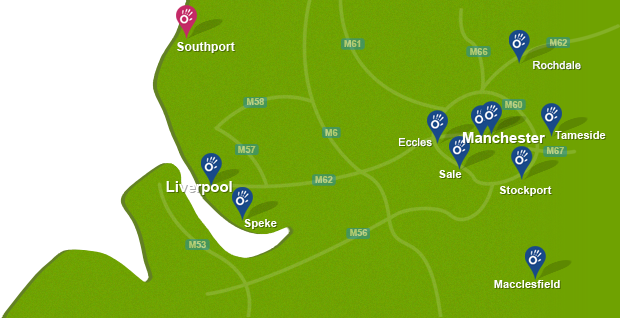What is acute low back pain?
Acute low back pain is usually of sudden onset and is often triggered by a relatively minor movement such as bending to pick up an object. Acute or short-term low back pain generally lasts from a few days to a few weeks. People with chronic low back pain may also have acute episodes that may become more frequent and require less initiation over time.
 Above: Rolling Soft Tissue Massage applied to the lower back by experienced therapist
Above: Rolling Soft Tissue Massage applied to the lower back by experienced therapistWhat causes acute low back pain?
Most acute back pain is mechanical in nature which means it is caused by trauma to the lower back or a disorder such as arthritis. Pain from trauma may be caused by a sports injury, work around the house or in the garden, or a sudden jolt such as a car accident that place stress on spinal bones and tissues.
What are the effects/symptoms of acute low back pain?
A person with initially experience sharp pain which may develop over a period of hours due to the development of inflammation.
The pain is usually in the lower lumbar area and may be central, to both sides, or to one side. It may radiate to the buttocks, hamstrings or lower leg. Sharp, stabbing pain in a narrow band down the leg is radicular pain and is associated with nerve root irritation, sometimes as a result of a �slipped disc�. More commonly, the pain the patient feels in the buttock and hamstring is referred from the lumbar spine.
 Above: Rolling Soft Tissue Massage applied to the lower back by experienced therapist
Above: Rolling Soft Tissue Massage applied to the lower back by experienced therapistDiagnosis of acute low back pain
A diagnosis of acute low back pain can be made by a physiotherapist or doctor who will take a thorough medical history and examine your back to see the main cause of your problem.
Physiotherapy for acute low back pain
A person with acute low back pain will benefit from physiotherapy treatment.
Our specialised physiotherapists at Manchester Physio provide specialised physiotherapy treatment to reduce pain and inflammation and return you to your everyday activities with confidence and success.
 Above: Mobilisations of the vertebrea in the lower back by experienced therapist
Above: Mobilisations of the vertebrea in the lower back by experienced therapistYour physiotherapist at Manchester Physio will provide you with individual advice regarding the best management of your acute lower back pain. Physiotherapy treatment may include:
- Ice therapy
- Joint mobilisation or manipulation
- Soft tissue massage to relieve pain, stiffness and muscle spasm
- Postural management
- Ergonomic assessment
- Individualised back exercise program. As your symptoms resolve, your physiotherapist can teach you progressive stretching, strengthening and core stability exercises to minimise the risk of a reoccurrence.
 Above: Soft tissue massage of the lower back muscles and connective tissue by specialist therapist
Above: Soft tissue massage of the lower back muscles and connective tissue by specialist therapistIt is important to commence physiotherapy treatment as soon as possible after your injury for the best possible results.
For more information about how physiotherapy can help your back, or to book an appointment please call 0161 883 0077.


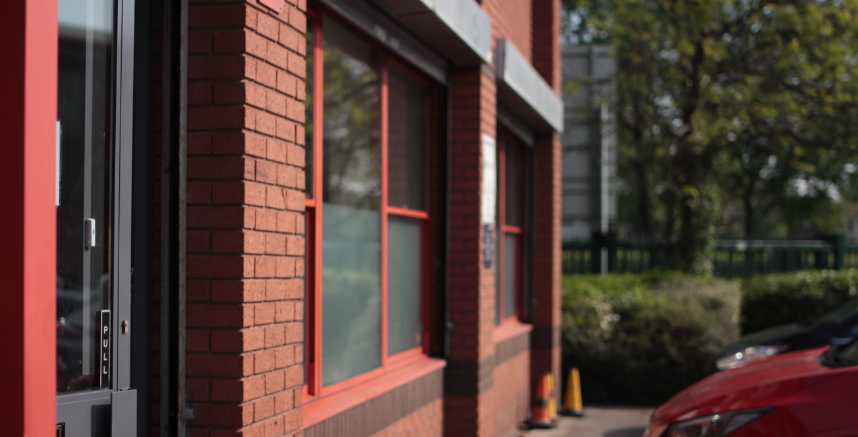
 0161 883 0077
0161 883 0077






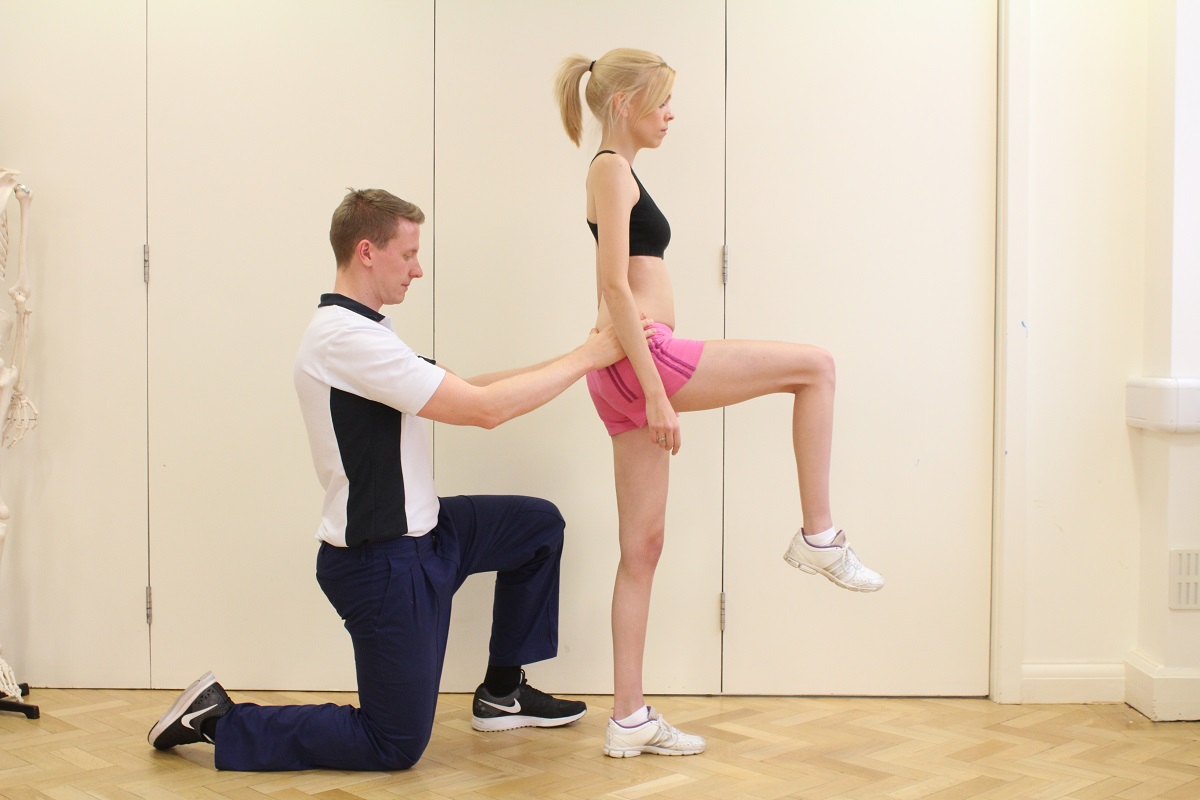

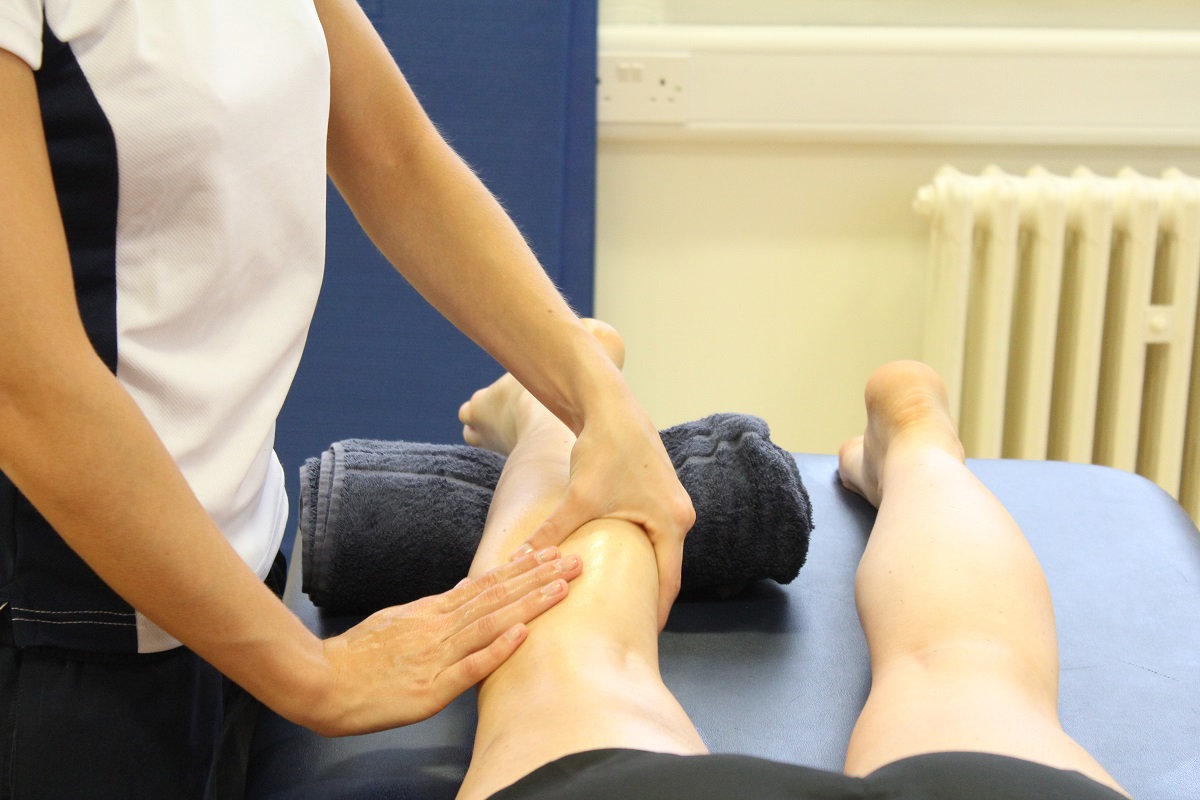
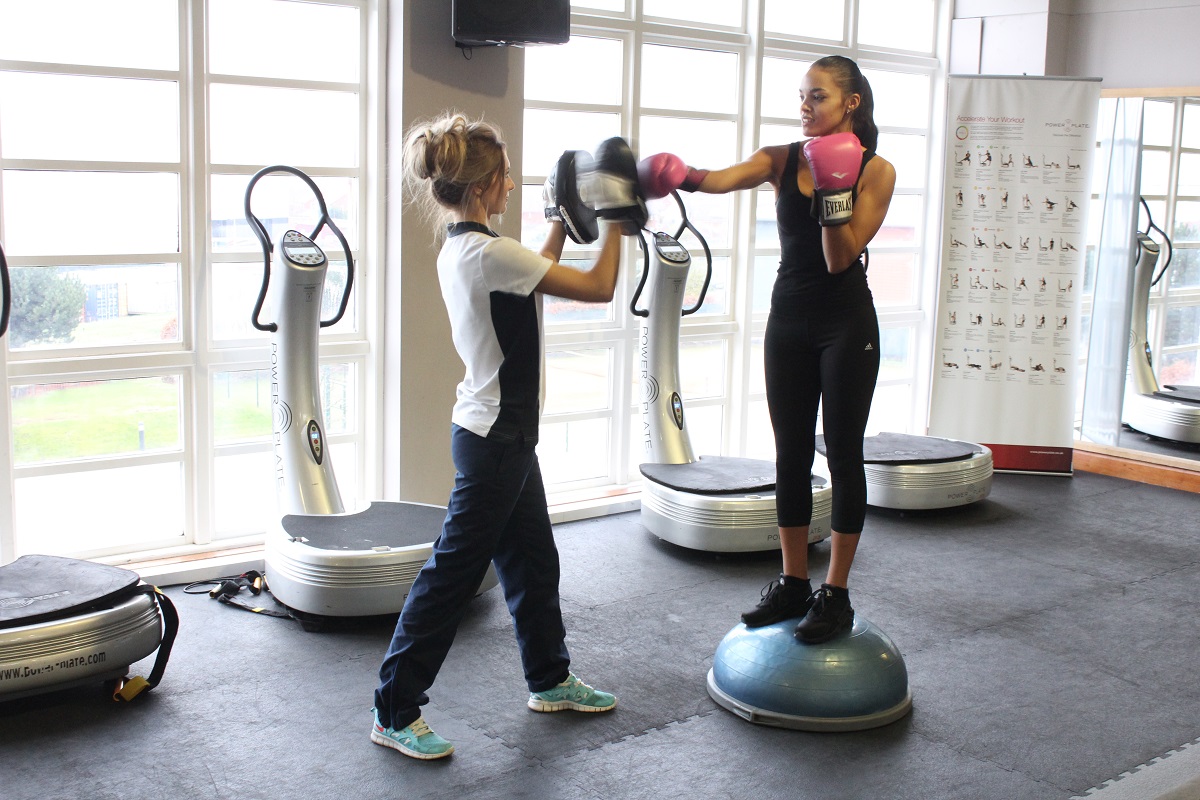


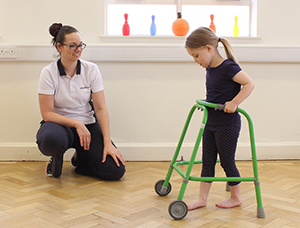
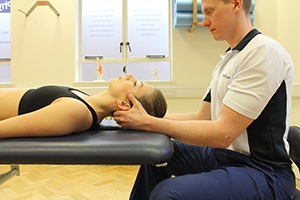






























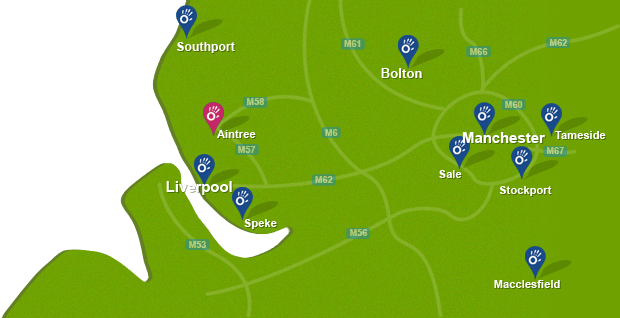

 f
f
